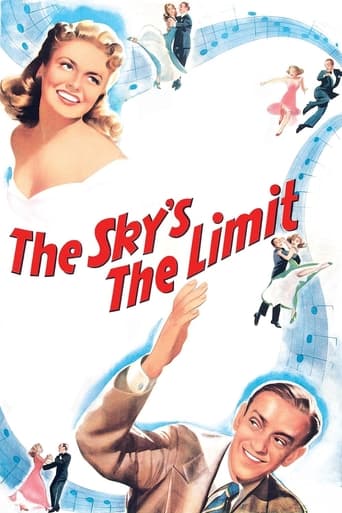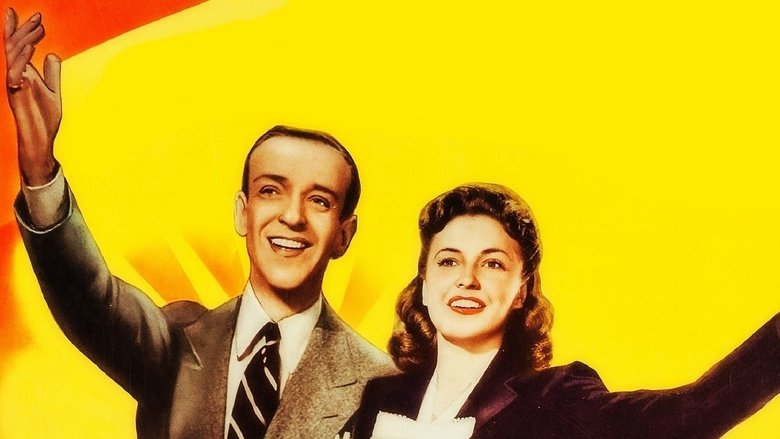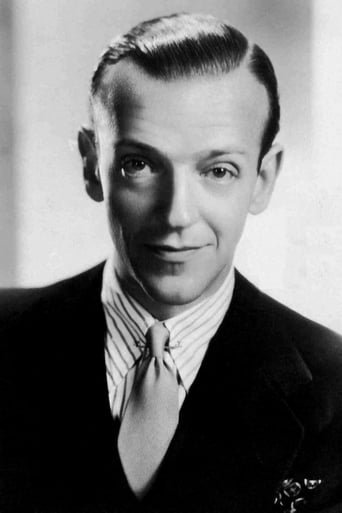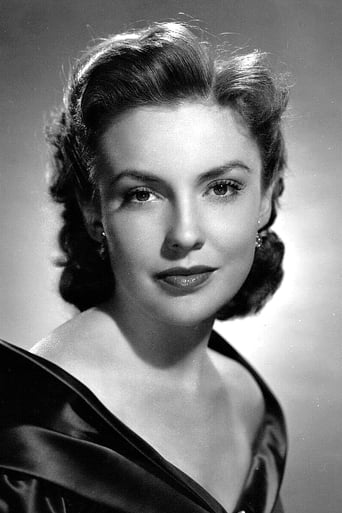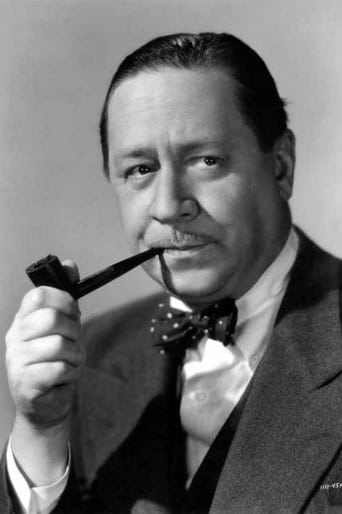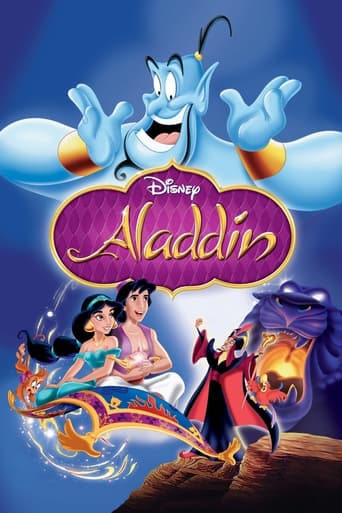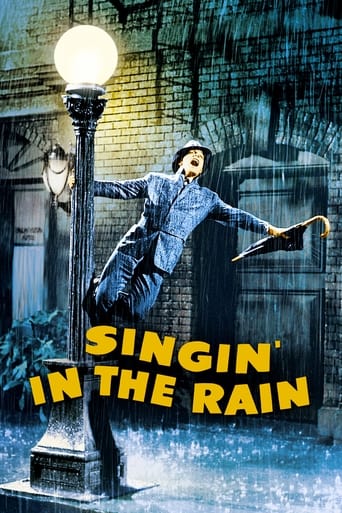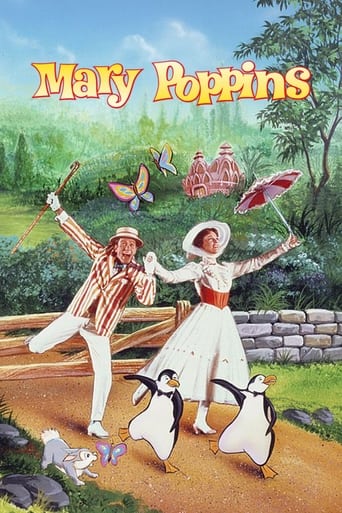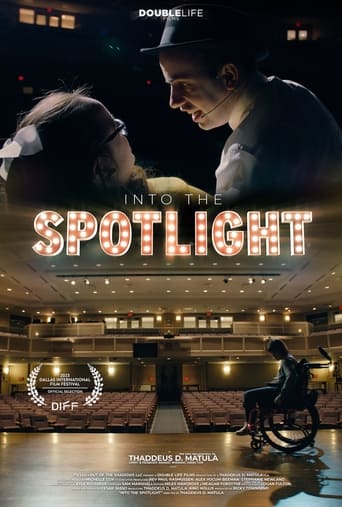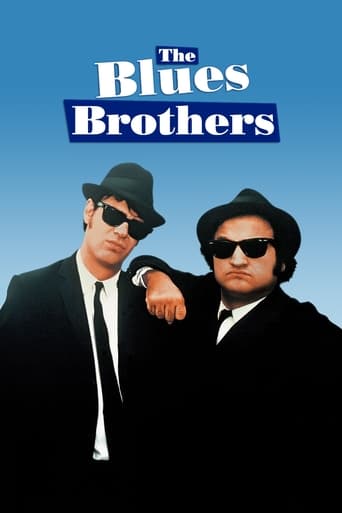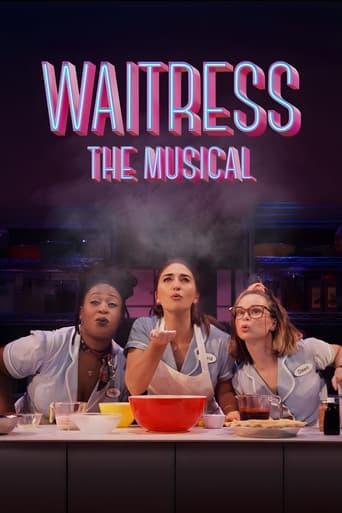The Sky's the Limit (1943)

Flying Tiger Fred Atwell sneaks away from his famous squadron's personal appearance tour and goes incognito for several days of leave. He quickly falls for photographer Joan Manion, pursuing her in the guise of a carefree drifter.
Watch Trailer
Cast


Similar titles
Reviews
The Age of Commercialism
Don't Believe the Hype
The movie's not perfect, but it sticks the landing of its message. It was engaging - thrilling at times - and I personally thought it was a great time.
One of the film's great tricks is that, for a time, you think it will go down a rabbit hole of unrealistic glorification.
I love classic movies, though I have seen one sort of plot line in a few of them that is quite troubling. In films like "The Sky's the Limit", you have a leading man that won't take NO for an answer. He's not a rapist, though he certainly is a guy who thinks sexual harassment is the best way to win the girl. And, in all these films, after hating the boorish guy for much of the film, but the end, the girl is now in love with the boy--and giving a detestable message to the viewer! Because of this, the film automatically loses a point or two from me.Fred Astaire (who usually is much more charming) plays a flying ace who just got back from a tour of duty with the famed 'Flying Tigers' (a group of American volunteers who flew for the Chinese air force in their battle with the invading Japanese). While everyone seems intent on wining and dining Fred as well as taking him from one rally to the next, he just wants to sexually harass some poor lady. While he barely knows Joan (Joan Leslie), he pursues her relentlessly. However, midway through the film, he decides, instead, to try to help out Joan in her love life--an odd and abrupt change. What will come of all this? See the film and find out for yourself.I am not sure how well this film sat with audiences, as Astaire was 56 and Leslie only 18 when the film debuted, though Leslie OFTEN was paired with guys way too old for her (such as in "Sergeant York" when she was 17 and Gary Cooper 40). When I see it today, this age discrepancy and the whole harassment angle both made it harder to suspend disbelief and just enjoy the film.Now that I think about it, in addition to the old 'she says NO but means YES' mentality, there's even a part in the movie where a landlord advises Fred to slap Joan around, as he thinks they're married and that's what a good husband SHOULD do. As a father of two adult daughters, I did find all this a bit terrifying! If you can ignore all this stuff, the film itself is pretty agreeable. The dancing is nice (though I wanted more of Fred dancing as he was about the greatest film dancer there was), the acting not bad at all. It is quite chic and watchable but could have been a lot better had they made Fred more likable, that's for sure.By the way, early on in the film Fred is aboard a train with a bunch of soldiers. To the right of him while he's sitting is Neil Hamilton and Peter Lawford. Hamilton had been a big star in the 20s-30s and Lawford was just about to be discovered by the studio and appears unbilled in this minuscule part.
Joan Leslie is one of my all-time favorite classic actresses (it's mainly her wholesome pretty looks) and Fred Astaire's dancing is always entertaining.....but this film is only so-so. Perhaps one reason is there aren't enough song-and-dance numbers. Leslie only dances with Astaire once. The few songs that are in here, however, are good, and Fred's dancing is never anything but superb.It was interesting to see such a young-looking Robert Ryan, who has a minor role. I wish Robert Benchley's was smaller as his humor did nothing for me. Storywise, this is a typical Astaire film which means a bit sappy and filled with people who are not telling the truth or holding back the truth. That theme gets so tiresome.
The Sky's the Limit is one of Fred Astaire's least known movies, but it contains one of the best solos he ever did. The dance, in which Astaire breaks glasses with his feet, is legendary, but the movie as a whole does not support it. There are, disappointingly, only three dance numbers in the film, the plot never jells and much of the movie hovers somewhere between low-key charm and apathetic tedium. But "One for my baby," which comes near the end of the movie, is well worth the wait.In this wartime drama Astaire is cast, rather improbably, as a decorated Air Force pilot, home on leave and expected to act as a cardboard hero on an inspirational tour. Irritated by the whole affair, Astaire goes AWOL and winds up in New York, where he encounters Joan Leslie, a bright-eyed photographer who also sings (not very well.) Here's where things get odd. Fred (the main characters bear the actors' real first names) determines to win over Joan in the short space of his leave, but he doesn't tell her that he's in the army, allowing her to think he's a shirker who can't hold down a job and doesn't want to serve his country. Naturally, Joan will have nothing to do with him under these circumstances, even though she likes him. The question is: why does Fred keep his identity secret? Is it because he's afraid of getting caught by the MPs? Because he's simply playing a game with Joan and wants to give himself a handicap? Because he doesn't want her to love him for his uniform and exploits, or because he is bitterly sick of the war and wants to forget it? All of these are possibilities, and if Fred's motivation were fully explored, this might be a really interesting movie about life during wartime. Instead Fred's subterfuge comes across as an excuse to keep the plot going, and it's hard to believe Fred really wants Joan so badly when he won't do the one thing that would allow him to win her. Interesting undercurrents are eliminated by a cop-out ending, in which Joan sees Fred in his uniform and, instead of demanding an explanation, simply melts and gives him a hero's send-off.Astaire and Leslie have two duets. The first, "I've Got a Lot in Common With You," is up-tempo and extremely charming. The song's flirtatious, bickering lyrics capture the characters' relationship better than the screenplay ever does, and the dance suits Leslie's perky style. She is entertaining the troops in a canteen; Astaire insists on joining her, and she tries to cover up for him until she realizesthat he's Fred Astaire. As they take their bows she asks, "Where did you learn to dance like that?" and Astaire responds sarcastically, "Arthur Murray." (Arthur Murray ran a chain of dance studios that would, in the words of a contemporary song, "teach you dancing in a hurry.") The second duet is the standard romantic adagio, set to the soaring Harold Arlen song "My Shining Hour." It's just fine, though Leslie lacks Ginger Rogers's slenderness and fluid grace.When Fred believes he has lost Joan for good, he begins bar-hopping; his drunken gloom and the forlorn late-night settings are both well evoked. It's a revelation to hear Astaire sing the Arlen standard "One For My Baby." Frank Sinatra's definitive version is sung way behind the beat, slow and pensive, while Astaire's version has a driving blues rhythm. He winds up alone in a fancy hotel bar with a wide marble floor, a mirror and shelves of glasses. He slumps on a stool, precariously off balance; when he sets down his brandy glass the stem breaks, and he snaps too. He starts pacing like a caged beast, lashes out and breaks another glass on a low table with his foot. Hearing a snatch of "My Shining Hour," he dances a few steps of the remembered duet. Then the blues rhythm comes back and he leaps onto the bar and starts tapping. His movements are taut, fierce, edgy. This dance fully explores the danger in Astaire's explosive tapping; its rhythm is not crisp and regular like Gene Kelly's but erratic, unpredictable, violent. This quality comes out playfully in Top Hat when he "shoots" the male chorus-members, and in the "firecracker" solo in Holiday Inn. Darkness and dramatic tension appear in "Let's Face the Music and Dance," from Follow the Fleet, which starts with despair and attempted suicide. All of those were stage numbers; this one is for real, and there is more depth, nuance and emotional weight in the dance than in the rest of the movie. While the solo is inspired by destructive anger and climaxes with Astaire kicking over shelves of glasses and finally hurling a stool at the mirror, it transforms violence into grace and restores Astaire's equilibrium. After paying off the shocked bartender, he flips his hat up off the floor with his foot and saunters out with that inimitable swinging, one-hand-in-the-pocket walk. The movie should end here; it's clear that Fred will get over losing Joan, and it would be right if he paid for his self-defeating behavior. But this is a romantic comedy and a happy ending is required.A genuinely touching moment occurs before that ending. Robert Benchley, as Joan's boss, has been his usual buffoonish self, and delivered one of his patented dithering, scrambled lectures. He knows the truth about Fred and deliberately sends Joan where he knows she will encounter him, despite being in love with her himself. Benchley tells the excited Joan that he'll be at the airport to see her off and she'll recognize him: "I'll be the fat man with the broken heart."
An acceptable wartime interlude for Astaire with some tuneful numbers and some brief great dancing which Joan Leslie shared & obviously enjoyed the challenge. However,with so many stars on various wartime duties Hollywood extended its prewar dream casting.... Former Joan Brodel had barely turned 18 & became the cutest,prettiest of new Warner leads. RKO managed to make her appear far older to be chased by 44-year old Fred who must have felt a bit self conscious in the straight scenes with just one chaste goodbye kiss at fadeout. This situation would have called for some on-screen comments,today! Although as a singer Joan Leslie left something to be desired beside many of her contemporaries she was still a talented actress. One of her more memorable parts was that of the impoverished young cripple in High Sierra doing a mean about-turn on middleaged Bogart after his financing a costly operation to let her dance again. I would have liked to have seen more of my favourite manservant,Eric Blore so amusing in Top Hat. No one could produce a withering remark so feelingly or unctiously.

